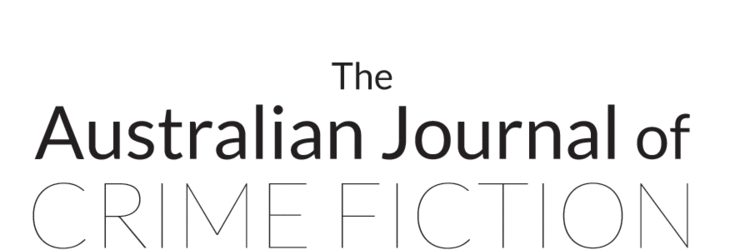Lenny Bartulin on Jack Susko
Carolyn Beasley
Swinburne University of Technology
What have you found are some of the trickier aspects of creating a character in a series?
Keeping the main character interesting is probably the main concern in any series and certainly is in mine. It’s important that Jack ‘grows’ before the reader, that underneath the plot of each adventure a more complex social, moral and emotional life develops and is revealed. Both reader and writer have to feel like they’re getting to know more about him with each book. The difficulty is balancing what’s revealed in each story with what might be held back for down the track. But this is complicated because in truth, you can’t really hold anything back: otherwise you’re undermining the energy and tension of your character and your whole story. For me, it ends up being an intuitive decision, which is kind of risky, but I think the pay-off is richer. The story demands of Jack a level of engagement, and that will decide the depth of what is revealed about him. As a writer, I give that everything: and then the hope is that there will be more for next time, too.
Jack is a little different to the typical hard boiled hero of the Chandler era because he seems so well connected with the ebbs and flows of life in Sydney. For example, he can match family names to scandals, can spot a scam, and has a lot of contacts he can call on for information. Why did you choose to make him so embedded in the world around him rather than make him more of a loner?
It was important because unlike a lot of characters from the hard boiled/noir tradition, Jack doesn’t have what I’d call valid entry into the criminal world, something more often than not established by a character’s job: he’s not a PI or a cop or a lawyer, etc. He sells second-hand books. To make his entanglement with the criminal world believable, and interesting, I wanted to give him a slightly murky and not necessarily ‘clean’ past, so that once his sedate bookshop life was touched by crime, he’d have a plausible road through the ensuing plot.
Were there any particular social changes happening in Sydney that you wanted to capture or comment on in the Jack Susko novels?
Sydney is very much both part of the subject of the novels, as well as a ‘character’ in them. In Jack’s relationship to the city, I was keen to capture the realities of how a thirty-something man negotiated the difficulties of the growing expense of living in the city, the decline of cultural life due to that expense, and the never easy pursuit of romance and relationships. But mainly, it’s all about money: how hard it is to get, how much more of it you need to spend in order to survive in just the most basic sense, and how it has become more and more difficult to acquire it independently, with modern life requiring that each individual has to ‘hook into’ the existing structures. There’s a kind of ‘funnelling’ effect, as far as Jack can see: and this idea in particular explains why he is drawn to the criminal element in society, as they seem to be the only people who survive off the grid and outside of the constrictions of the get-a-job-get-a-loan-fill-your-superannuation-coffers kind of system. Sydney embodies these things for Jack, but also stands in for all modern, western urban centres, whether London, Paris or New York.
Carolyn Beasley is a Senior Lecturer in Writing and Program Director of Swinburne University of Technology's undergraduate and postgraduate writing courses. In addition to being an award-winning fiction writer, she also writes on the relationship between crime fiction and social change.
Back to Contents
The Australian Journal of Crime Fiction
Vol 1 No 2 2015
http://www.australiancrimefiction.com
Editors: Rachel Franks and Wendy J. Dunn
